Making a splash: meet the best Chinese female winemakers makers
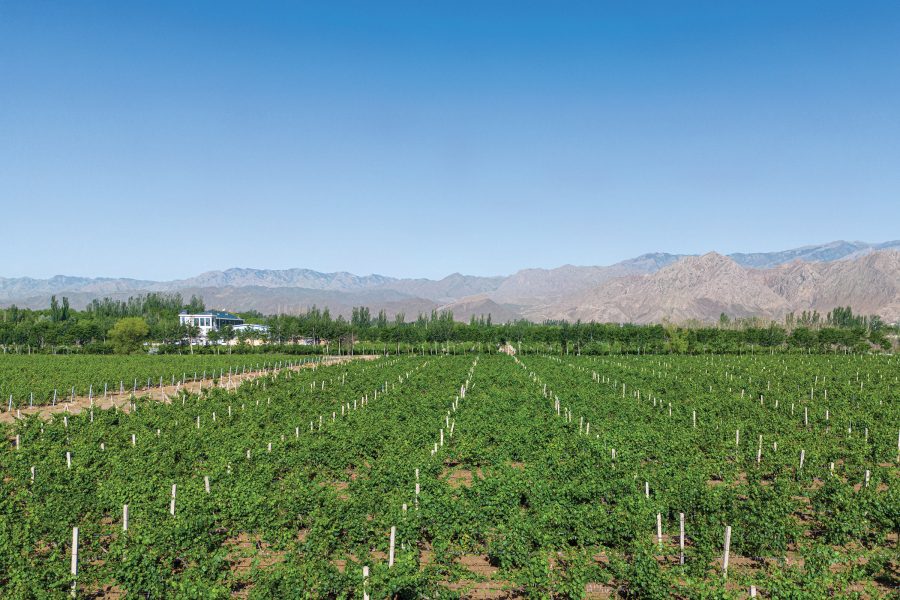
It’s a crisp autumn day in Ningxia and, in the foothills of the Helan mountains, Zhang Jing is busying herself about her vines. From picking grapes to fermenting and ageing them, every stage of the winemaking process at the award-winning Helan Qingxue Vineyard bears Zhang’s fingerprints. She’s one of the nation's first-class winemakers, with an exceptional list of juicy cabernet sauvignons, rich marselans and bright chardonnays to her name.
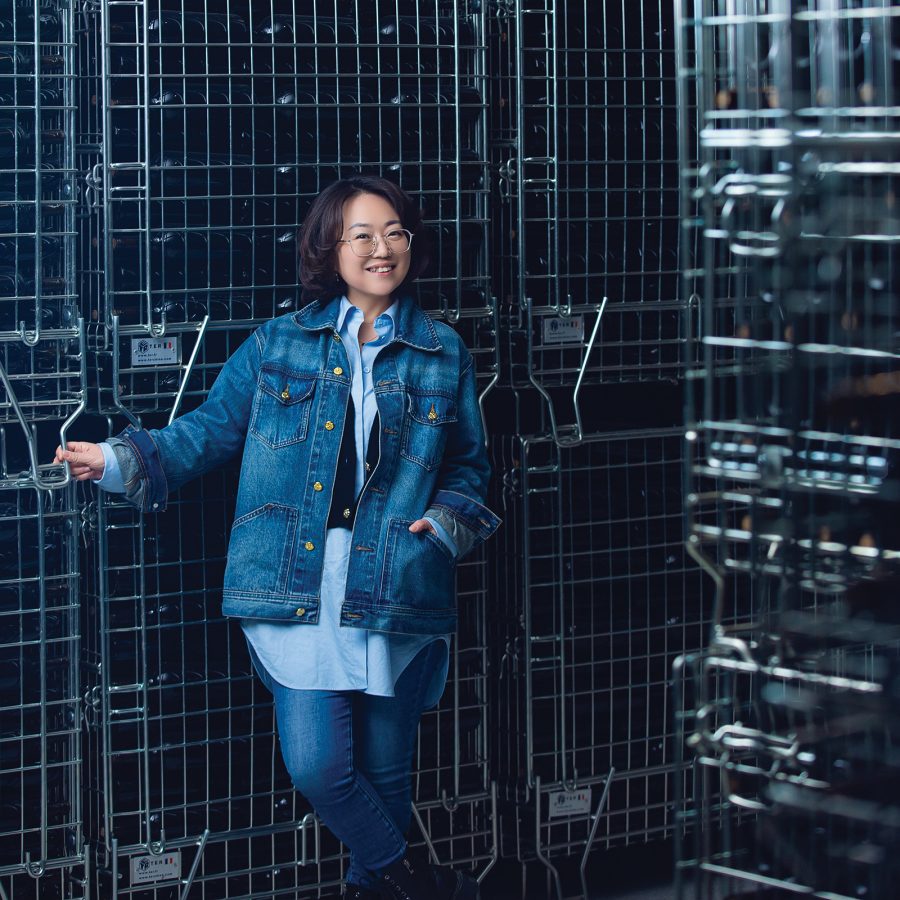

Zhang left a career as a civil servant in her late 20s to launch Helan Qingxue with her partners, Rong Jian and Wang Fengyu. She had no professional background in winemaking but was so captivated by the diversity of wine that she decided to learn everything she could about it. “Wines from different countries, regions, vintages and wineries exhibit such rich and diverse characteristics,” she says.
The winery, which celebrates its 20th anniversary this year, was one of the first boutique estates established in Ningxia, an arid region in the north of the Chinese Mainland that’s well-suited to viticulture. The team made history in 2011 when its Grand Reserve Jia Bei Lan 2009 won a trophy at the Decanter World Wine Awards , the first time a Chinese wine had been honoured at the awards’ highest level.
The effect was immediate. Not only were Chinese wines given more credence on a world stage, but other winemakers proliferated. At the same mountain foothills lies Kanaan Winery, run by Wang Fang. After living in Germany for more than a decade, she returned to the Chinese Mainland in 2010 to take over her father’s wine business and try to grow Riesling grapes in Ningxia – once thought to be impossible due to the terroir. “It’s challenging,” she says, “but it was my dream.” Kanaan’s wines have been incorporated into Cathay Pacific’s Discovery wine programme and its Lao Wang Syrah can be purchased from the Cathay Shop.
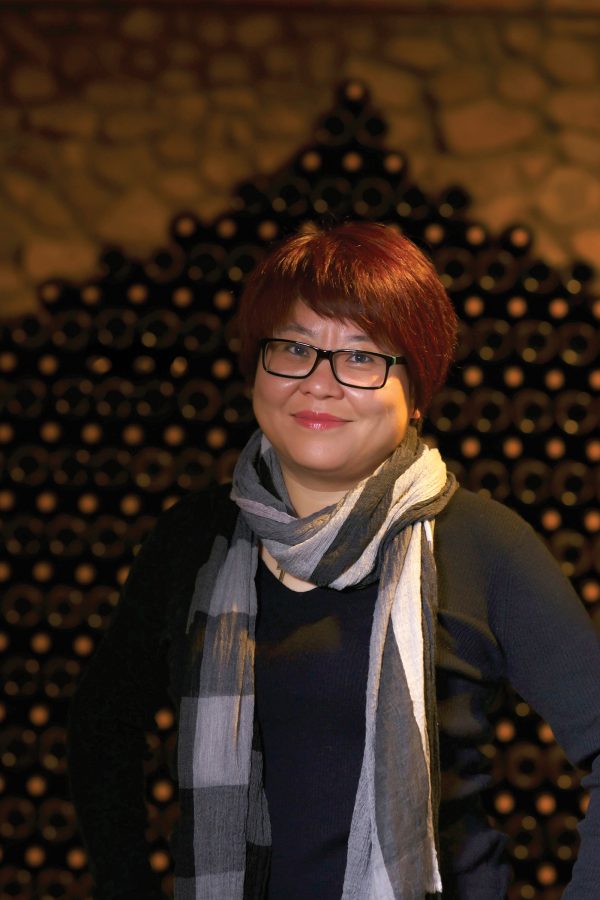
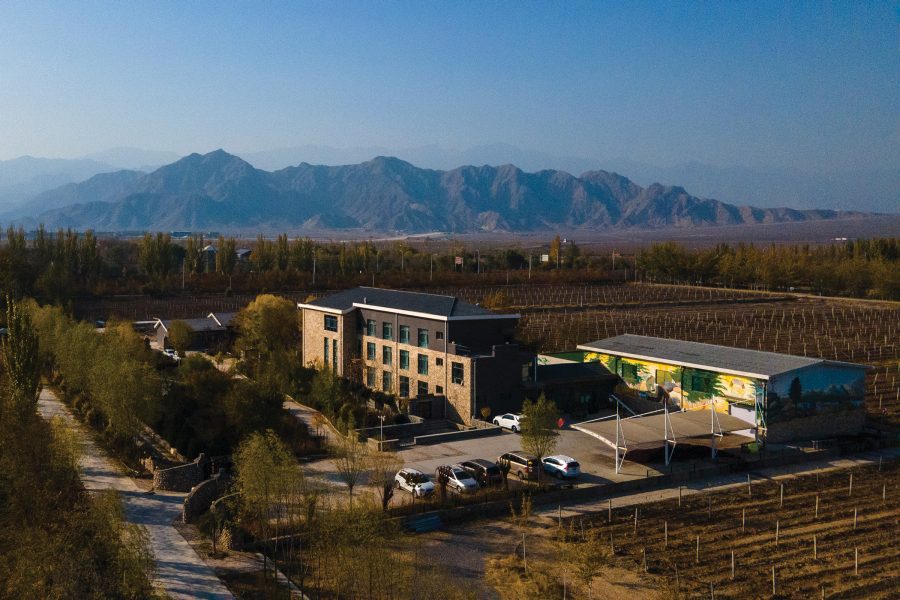
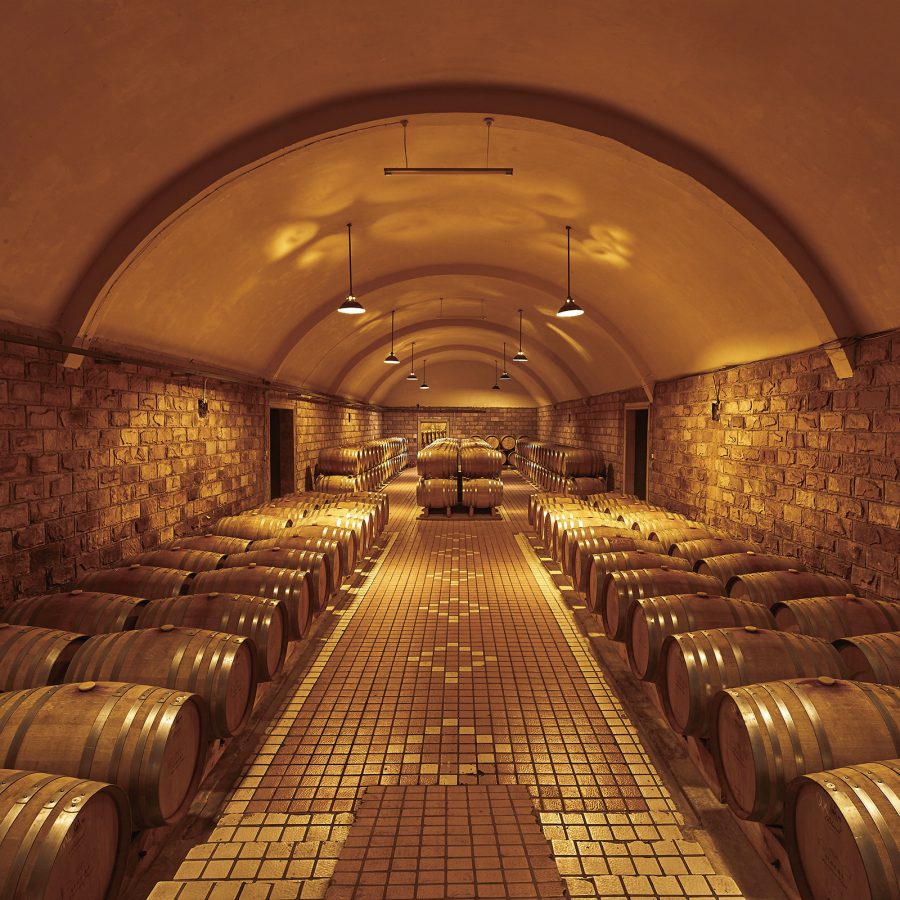
Wang’s winery, also her home, is a cheerful, meticulously maintained space where 20 dogs roam freely. “I hope everyone who steps into the winery feels at home and finds our wines approachable,” Wang says.
This personal touch in winemaking is also evident in Zhang Jing’s work. In 2009, she printed her newborn daughter’s footprints onto an oak barrel, which inspired her Baby Feet series. “It represents our winery’s spirit of continuous exploration and a mother’s love for her daughter,” she says.
“It’s challenging, but it was my dream”
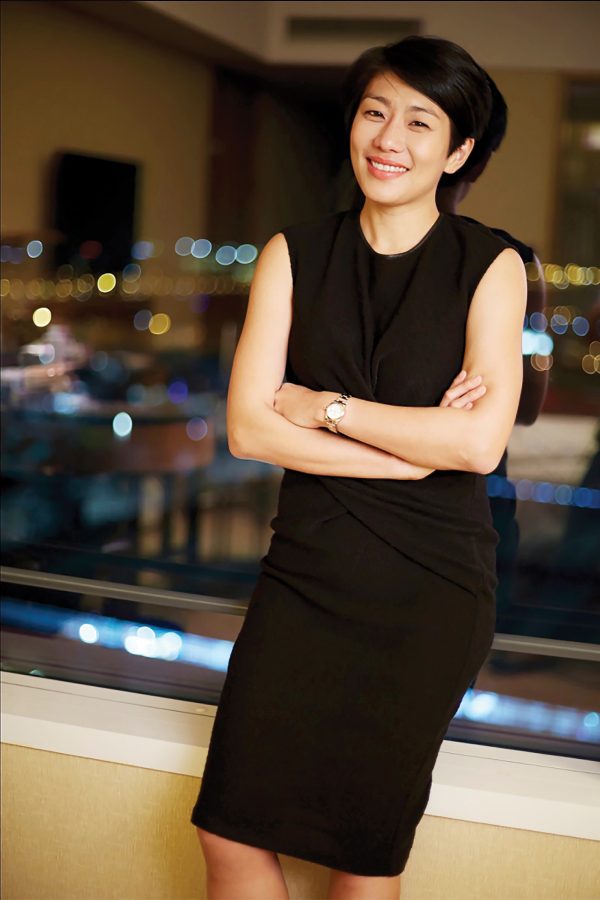

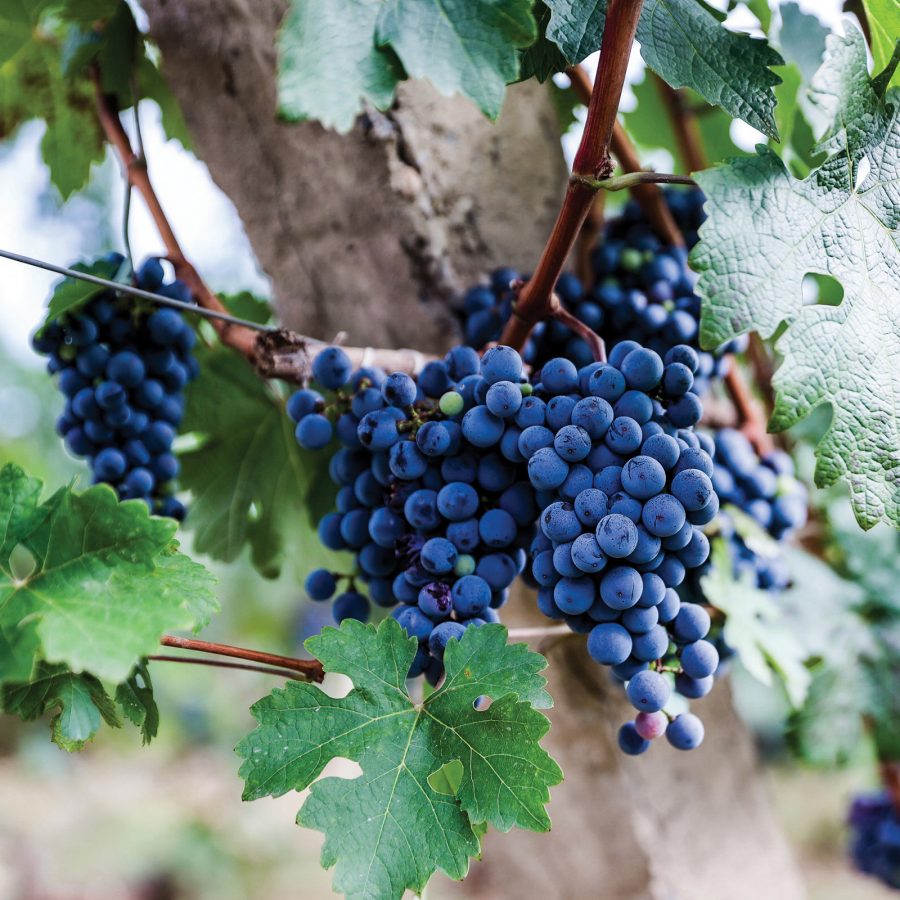
Motherhood is a unifying thread among female winemakers – one which gives them a unique resilience and perspective on their work. Judy Chan, owner of Grace Vineyard , took over from her father in 2002 when she was 24. “I knew nothing back then,” she recalls.
“In those early years, I had to manage the winery while taking care of my newborn child.” This difficult balancing act helped her hone her management skills. “Being a mother teaches you to juggle different things; multitasking becomes second nature.”
Not that Chan didn’t struggle at first. “I felt like I was drifting in a red ocean, completely lost,” she admits. It wasn’t until she read Blue Ocean Strategy that Chan reached a breakthrough. Renée Mauborgne and W. Chan Kim’s 2005 guide to seeking out untapped market potential inspired her to rethink her approach and consider how to make her product more memorable. “Not knowing much about wine allowed me to identify with our target audience, as wine wasn’t as well-understood in China at the time,��” she says. “Talking about grape varieties doesn’t stick with people but colours do.” This idea led to the creation of her flagship wine, Deep Blue, a Bordeaux blend whose elegant branding proved a hit. It was added to Cathay Pacific’s inflight wine cellar for First class and Business passengers in 2008.
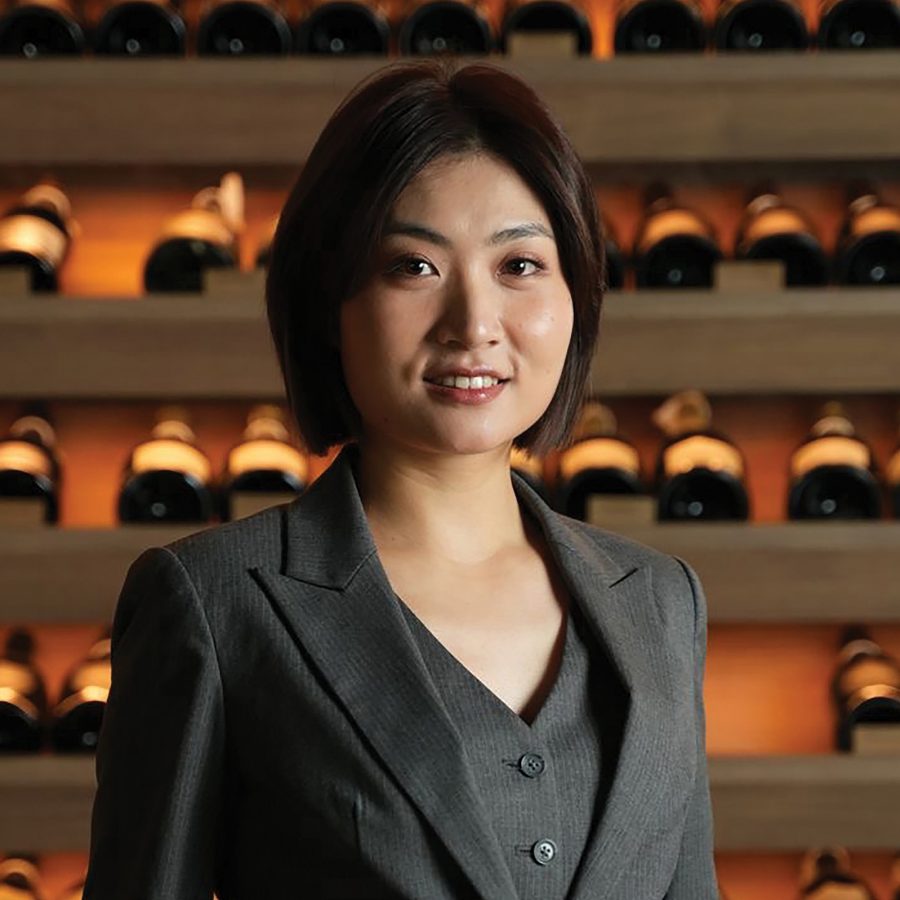
As well as growers, a new generation of sommeliers is rapidly emerging. Among them is 30-year-old Della Tang from Shenzhen. In a male-dominated industry, she’s proven her expertise, becoming the first winner of the Asia’s Best Sommelier award in 2023. She feels her background in psychology gives her the edge in hospitality: “Sometimes I can sense a guest’s needs before they speak,” she says.
Now wine director at Hong Kong’s prestigious Club Bâtard , Tang recalls a pivotal moment from early in her career. At a tasting event, she overheard a group of seasoned male sommeliers discussing how few women could last in the industry. “It felt terrible, like they didn’t see female sommeliers as equals,” she says. She recorded a video to encourage herself: “I must become great so that more female sommeliers can be seen.” She steered this dream towards reality and continues to inspire and educate in her field.
As she says, “I never believed my gender would hinder anything.”
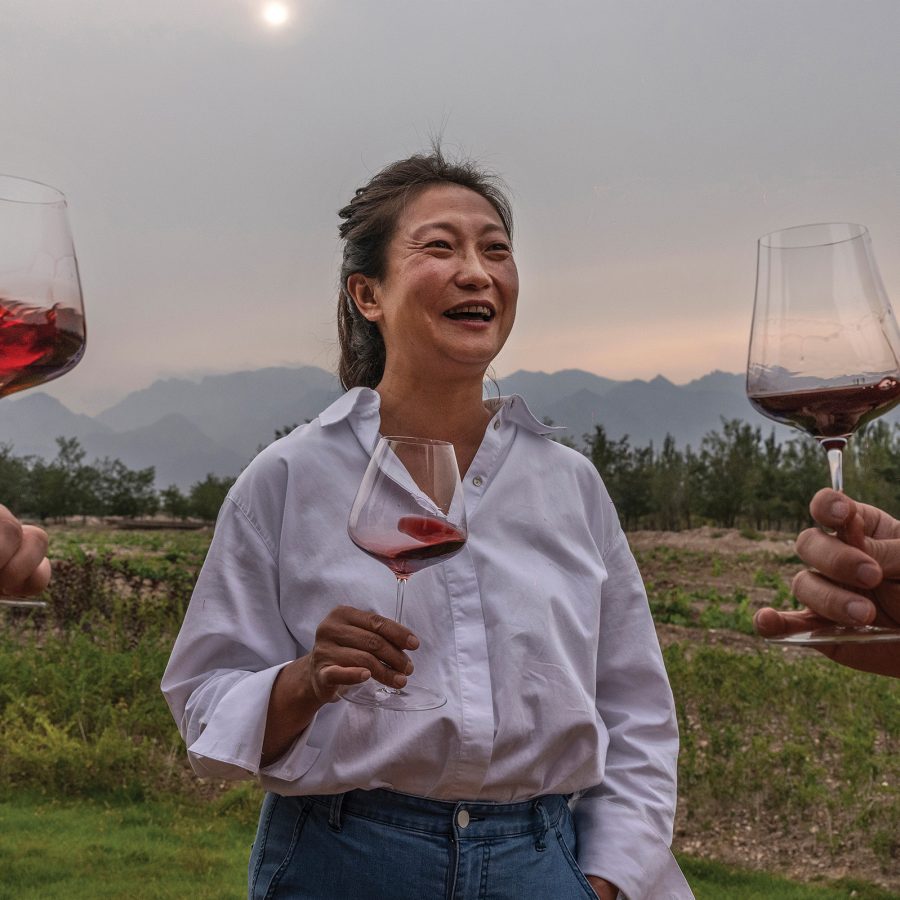
Credit: Kevin Frayer/Getty images
Rich vines
Two more outstanding Chinese female winemakers making their mark are Zhou Shuzhen and Gao Yuan:
Zhou Shuzhen of Legacy Peak Winery
Zhou Shuzhen has been studying winemaking since 1983 and participated in the experimental research into China’s first dry red wine. Now an independent winemaker, she’s involved in several projects in Ningxia, most notably at Legacy Peak Winery.
Gao Yuan of Silver Heights Vineyard
The founder of Silver Heights Vineyard in Ningxia, Emma Gao Yuan combines French concepts with local terroir. Her wines are known for their precise fruit expression and delicate tannins, and have been featured on Cathay Pacific aircraft as well as selected as official bottles for international summits.
More inspiration
- China – the Chinese Mainland, Hong Kong SAR, Macao SAR and Taiwan Region
- Hong Kong SAR - English
- Chinese Mainland (China) - English
- Taiwan, China - English
- 香港特別行政區 - 繁體中文
- 中国內地 - 简体中文
- 中國台灣 - 繁體中文
- Africa
- South Africa - English
- Asia
- Bangladesh - English
- Korea - English
- Singapore - English
- Cambodia - English
- 한국 - 한국어
- Sri Lanka - English
- India - English
- Malaysia - English
- Thailand - English
- Indonesia - English
- Maldives - English
- ประเทศไทย - ภาษาไทย
- Indonesia - Bahasa Indonesia
- Myanmar - English
- Vietnam - English
- Japan - English
- Nepal - English
- Việt Nam - tiếng Việt
- 日本 - 日本語
- Philippines - English
- Australasia
- Australia - English
- New Zealand - English